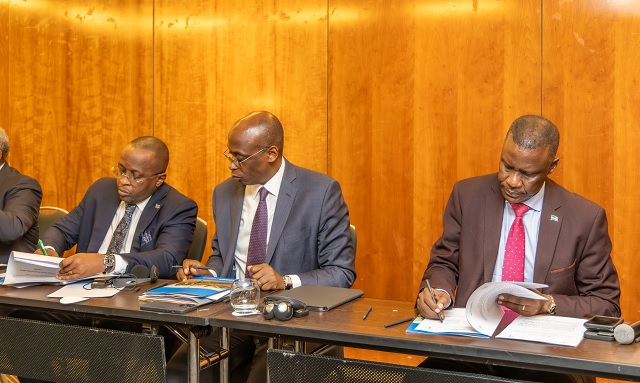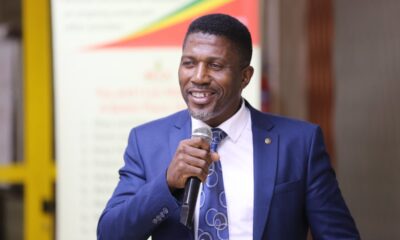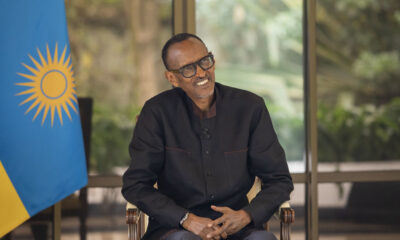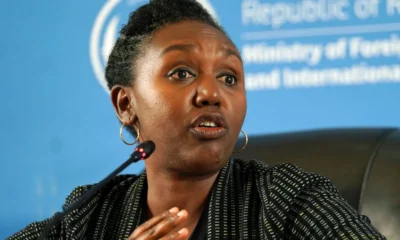Africa
DRC, Rwanda, UNHCR Seal Landmark Pact for Voluntary Refugee Return Amid Peace Momentum
The Democratic Republic of the Congo (DRC), Rwanda, and the United Nations High Commissioner for Refugees (UNHCR) on Thursday reaffirmed their collective commitment to the voluntary, safe, and dignified return of refugees, in a renewed diplomatic push to restore peace and stability in the conflict-stricken Great Lakes region.
The agreement was the outcome of a three-day high-level ministerial meeting held in Addis Ababa, Ethiopia, where all parties endorsed a 2025–2026 roadmap to guide refugee repatriation and reintegration efforts. A key aspect of the agreement is the planned expedited return of approximately 600 Rwandan refugees currently stranded in Goma, a strategic city in eastern DRC under the control of the M23 rebel group.
In a joint communique released by the DRC government, the parties underscored that refugee return is central to regional peacebuilding and post-conflict recovery, especially in areas destabilized by decades of armed violence. They agreed to collaborate on critical areas such as identity verification, reintegration support, cross-border coordination, and sustained donor engagement to ensure the roadmap’s success.
“UNHCR welcomes the decisions reached by the governments of DRC and Rwanda in these tripartite meetings on voluntary repatriation this week. We stand ready to work with all parties to create conditions that allow refugees to choose to return home in safety and dignity,” the agency said in a statement posted on X.
The agreement builds on recent diplomatic breakthroughs in the region, including the June 27 peace accord between the DRC and Rwanda, as well as a declaration of principles signed last week in Doha between the DRC government and the M23 rebel group. These developments have raised cautious optimism for the resolution of long-standing hostilities in eastern Congo, where millions have suffered from waves of displacement and violence.
As of April 30, the DRC hosted over 517,800 refugees and 1,400 asylum-seekers, the majority of whom are concentrated in the troubled eastern provinces. Internally, the situation remains dire, with more than 7 million people displaced across the country—over 5 million of them in the east. Since the start of 2025 alone, more than 139,000 Congolese have fled to neighboring countries seeking safety, according to UN figures.
While the new refugee return roadmap is being hailed as a major step forward, humanitarian experts warn that success will depend on ground-level implementation and sustained political will. Ensuring that return is genuinely voluntary and accompanied by robust reintegration mechanisms will be crucial to avoid triggering fresh cycles of displacement.
The UNHCR has called on international partners to provide the financial and logistical support necessary to make the returns safe, informed, and sustainable. Observers say that if implemented effectively, the agreement could serve as a model for conflict resolution and refugee management in other regions grappling with displacement crises.
The Addis Ababa pact is being viewed as a rare diplomatic convergence in a region often torn by deep-rooted mistrust. Its success, however, will ultimately be measured by the ability of the parties to deliver peace, protection, and lasting reintegration for thousands of uprooted families longing for a safe return home.
Comments



























